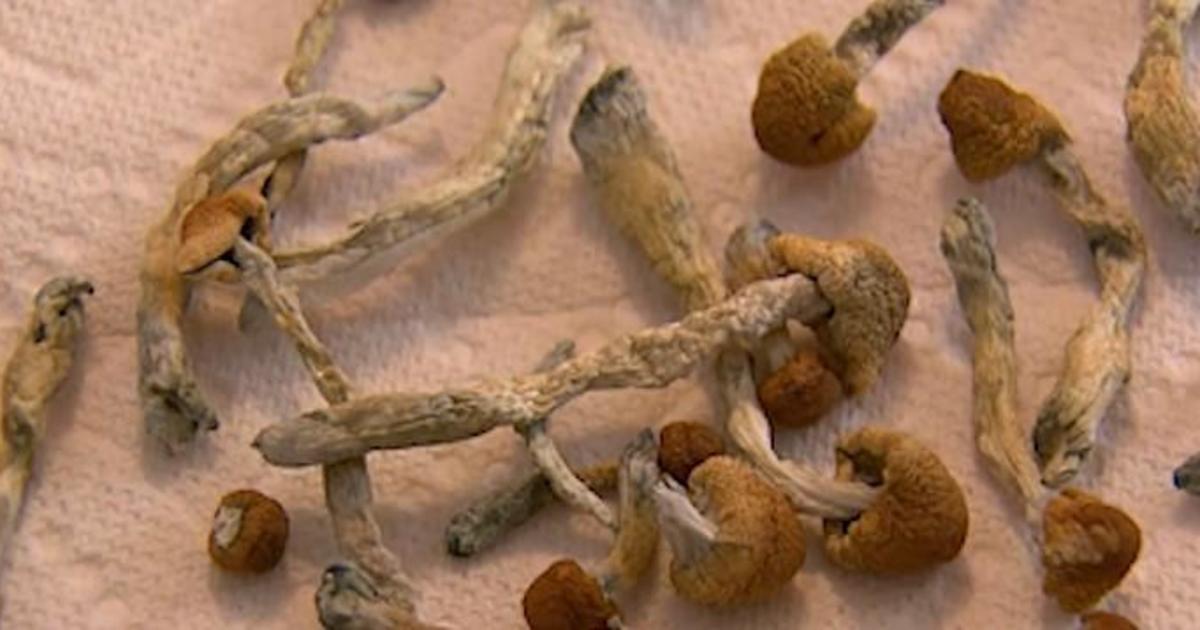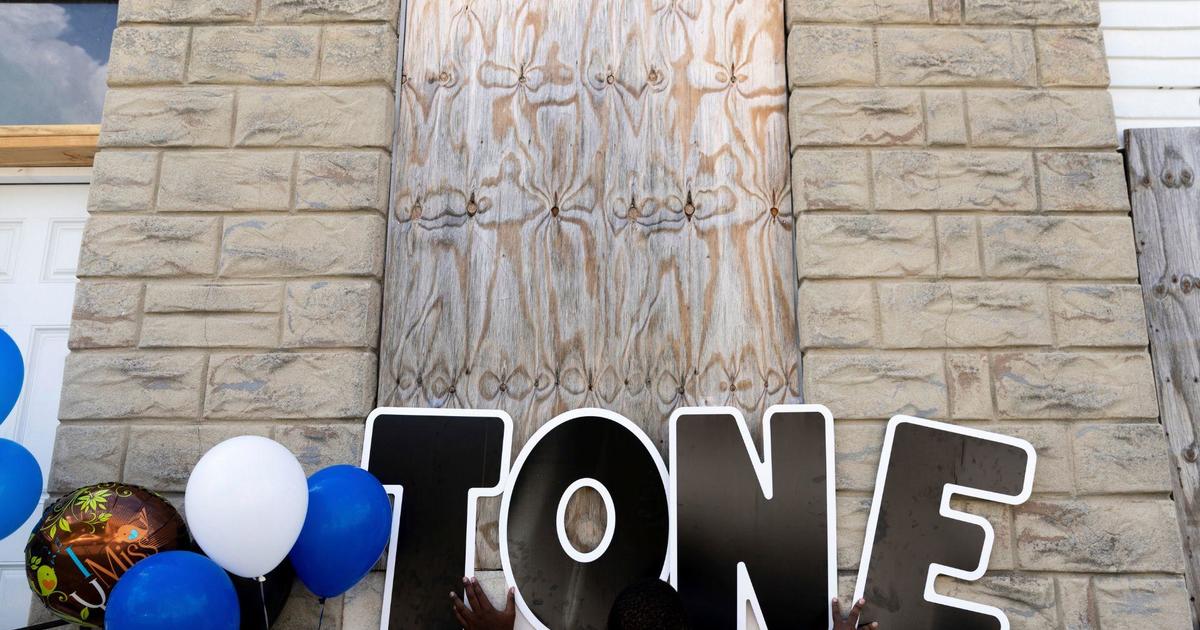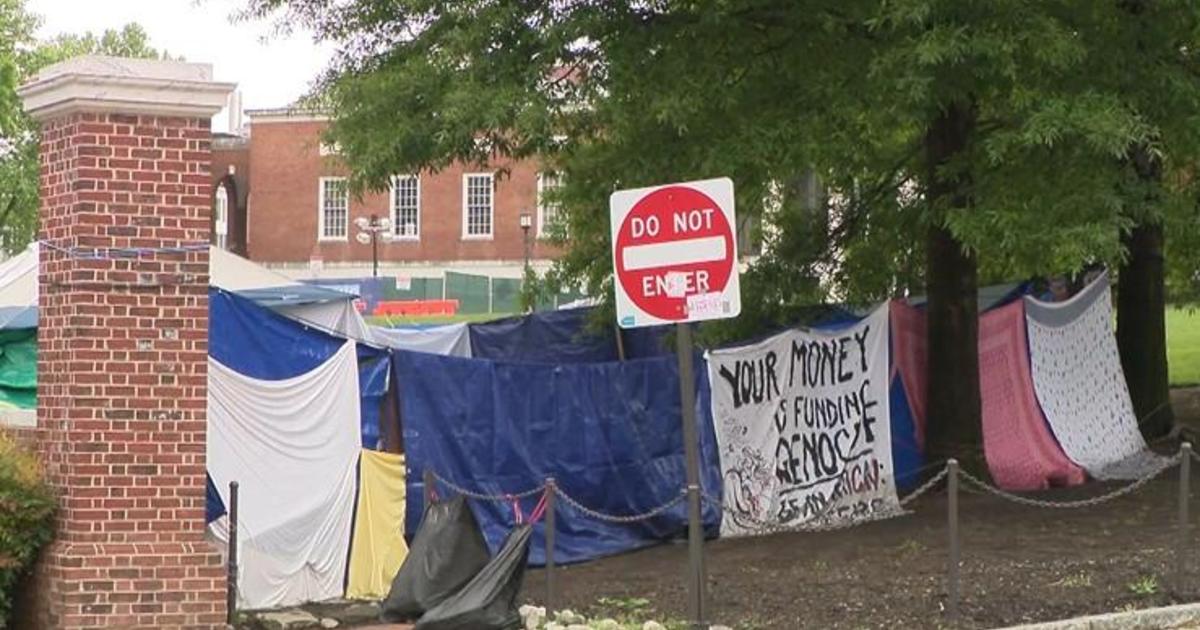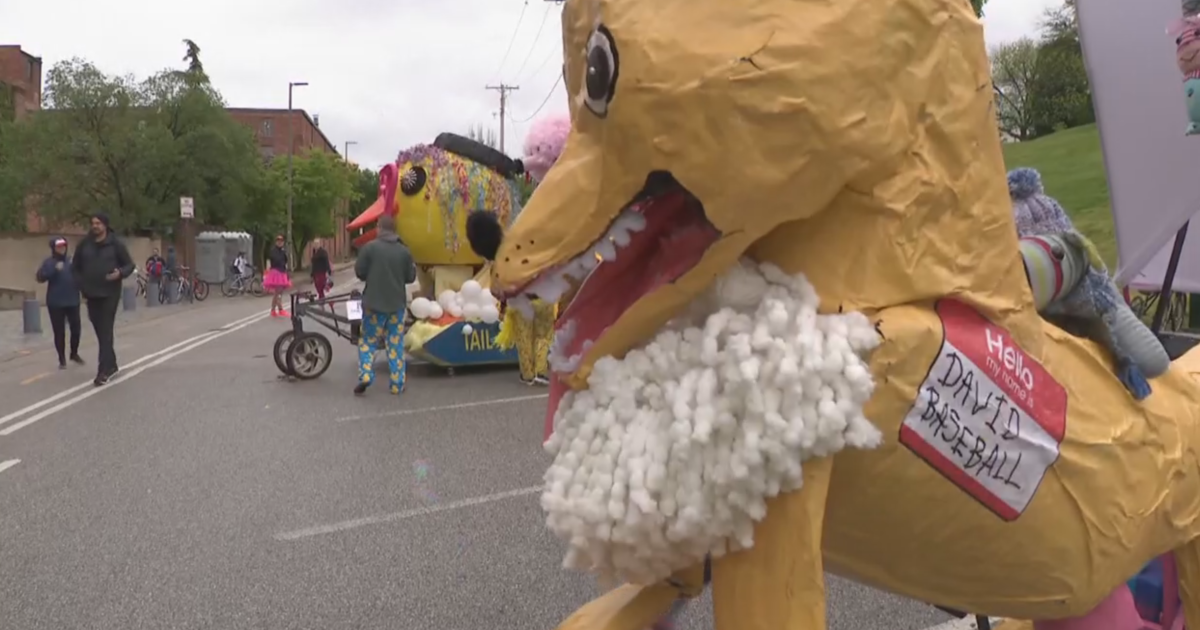Kids in Crisis: Urban trauma and mental health
BALTIMORE -- There's a saying that you're a product of your environment, and that applies to your mental health as well.
In cities like Baltimore, youth are at high-risk for urban trauma.
It's a deep-rooted psychological and genetic condition.
Finding the warning signs are key to addressing the issue the right way.
Tevis Simon grew up in West Baltimore's housing projects in the 1980's.
"I felt a lot of the segregation, I saw a lot of the segregation," Simon said. "Living in poverty, seeing how my neighbors were being treated just by simply needing assistance."
Simon saw a lot growing up: crime, drug use. The constant exposure to it all drove her to a breaking point.
"I recognized that I didn't want to be here anymore. I didn't want to live anymore. I felt that my existence was unnecessary. I didn't feel worthy as a person, as a human being, as a mother," she said.
Simon volunteers with NAMI Baltimore, which is the local branch of the National Alliance on Mental Illness. She also started a ministry in the 1990's called Walk by Faith Consulting.
It addresses and eliminates the stigma around urban trauma and mental health.
Simon said the conversations she's had in this work is what saved her, but getting through to others hasn't gotten easier.
"Let's be clear, I'm a black woman and within the African American community, we don't do well with discussing mental health conditions," Simon said. "We don't do well with having those uncomfortable conversations about our mental health. Some of us looked upon as being weak."
Ryan Williams also volunteers at NAMI BAltimore, hosting presentations and classes. He grew up in inner city Dallas.
He said systemic racism has also allowed urban trauma to continue through generations.
"We have redlining that's going on in the districts, for instance," Williams said. "Even when you look at Baltimore, it's been something that's been going on in 70% of Baltimore since the 1930's."
Dr. Michael Sinclair, who teaches in Morgan State University's School of Social Work, said his whole career has centered around children and families in urban settings.
Sinclair said children with experiences like Simon and Williams' are put in a cycle of repeated trauma.
"A child that's 8-years-old and may have witnessed something very traumatic, it changes the way they see the world," he said. "It changes their neurological makeup, it changes the way they interact with other people."
That can lead to troubling behavior, Sinclair adds, and it's often not addressed in the best way.
"Often time, the remedy to [this behavior] is either suspending the child from school, or having the child incarcerated or confined. But, not really treating the issue, that's really treating the symptom," he said.
Sinclair said the best course of action is to ensure these children get the proper, professional treatment.
Williams agrees, saying he and Simon are proof getting help makes a difference.
"We have to reach back, we have to help those kids so they'll have better outcomes. They'll lead a more fulfilling life because right now that's not what's happening," Williams said.
It's also proof people like them can overcome this.
"I recognize that in order for us to be the things we want to be, we have to see those things," Simon said. "So, it's important for me to be an example of what we can be when we heal."
For more information on NAMI Baltimore's services and contact information, you can head to their website.




